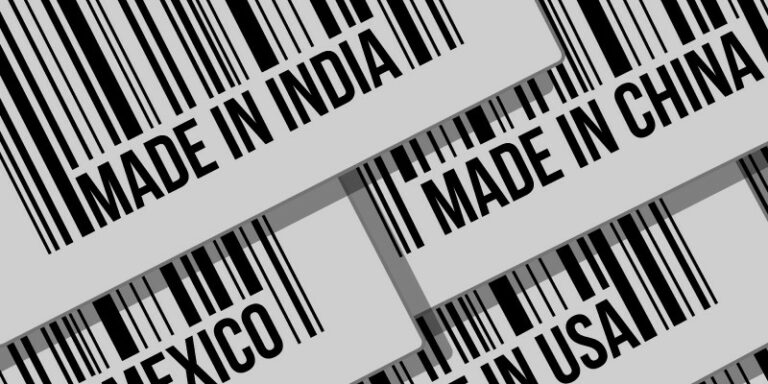Joining the CTPAT Program: A Smart Move for International Businesses
The Customs-Trade Partnership Against Terrorism (CTPAT) program is a voluntary program that provides benefits to importers and other parties involved in international trade in exchange for adopting supply chain security measures. The program was originally established as a cargo security program, but it has since been expanded to include the Trade Compliance Program (TCP) based on the old Importer Self-Assessment Program 1.
To qualify for the TCP, an importer must have had its CTPAT procedures certified and validated by Customs and Border Protection (CBP), or have procedures in place that exceed CTPAT’s minimum criteria. The importer must also complete a questionnaire regarding its importing activities and compliance program, as well as a Memorandum of Understanding in which it agrees to follow TCP requirements 1.
One of the primary benefits of participating in the TCP is that it provides more favorable treatment from CBP in terms of enforcement oversight. Participants get preferential, expedited treatment of ruling requests, and they also have access to the CTPAT trade compliance information portal and expedited access to their CBP data. Additionally, CBP will permit participating importers to submit disclosures for certain violations even if the agency discovers them first. Participants also get a partial exemption from Focused Assessments 1.
Another benefit of participating in the TCP is that it provides a mechanism for existing compliance obligations while providing benefits unavailable to non-participants.
For example, participants are assigned a National Account Manager within CBP, providing a central point for presenting questions and concerns. TCP participants must also maintain effective controls and avoid violations of the customs laws, but these requirements already apply by application of law 1.
Moreover, the TCP now requires participants to implement a forced labor prevention program. Since Uyghur Forced Labor Prevention Act (UFLPA) requirements are now being enforced by CBP, this too is a good idea regardless of whether an importer joins the program. TCP’s strict and specific guidelines for forced labor compliance are worth adopting in any event 1.
In conclusion, participating in the Customs-Trade Partnership Against Terrorism program and the Trade Compliance Program can provide significant benefits to importers and other parties involved in international trade. These benefits include more favorable treatment from CBP in terms of enforcement oversight, expedited access to CBP data, and preferential treatment of ruling requests. TCP participants must maintain effective controls and avoid violations of customs laws, but these requirements already apply by application of the law. Additionally, the TCP now requires participants to implement a forced labor prevention program, which is a good idea regardless of whether an importer joins the program 1.
Sources:
Thompson, G. (2021, March 3). The Upside of the CTPAT Trade Compliance Program. GW Thompson Law. https://gwthompsonlaw.com/the-upside-of-the-ctpat-trade-compliance-program/.








